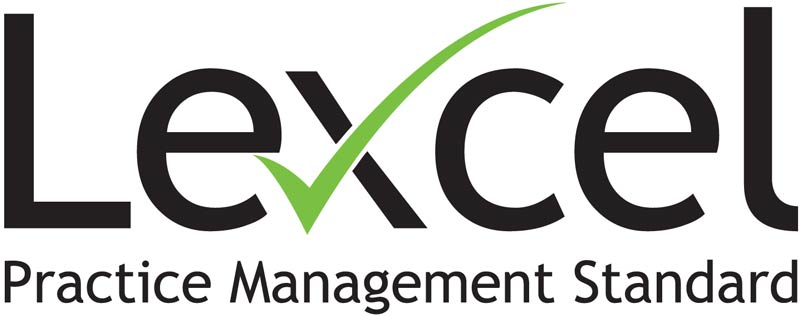What is Due Diligence?
Due diligence is the process of detailed checks which are carried out before parties enter into a legally binding contract or transaction, such as buying a business.
Thorough Due Diligence should help the buyer glean key information about the target business or project, which will help to flag any potential risks or pitfalls and provide the confidence required to make the right decision to pursue the transaction.
The importance of Due Diligence
Due diligence stems from the Latin proverb ‘caveat emptor’, which loosely translated means ‘buyer beware’. There is no law which compels a seller to disclose flaws or issues with a business or property, however, valuable information can be obtained by the buyers by encouraging sellers to engage with the due diligence process.
In respect of the purchase of a business, the added value in the process is that it not only gives the buyers knowledge of the assets and liabilities of the company, but also provides a good indication of how the target business operates and is performing and as such, a buyer may make predictions for how it is likely to perform in the future.
How the process works
In simple terms, the due diligence process involves raising appropriate enquiries of the seller that relate to the type of business being bought. These due diligence enquiries help to find out relevant information about the target business and how it works. Questions are asked about a number of different aspects of the business, under different headings, such as commercial, legal, financial, employment and so on. Following receipt of initial replies to the enquiries, more probing questions can then be asked in relation to specific issues which might arise, for example if there are limited policies and procedures in place, or holes in the accounting. It is not unusual for a seller to overlook providing important pieces of information until a further round of enquiries are raised.
It is important to keep your enquiries relevant to the business being bought, so that it makes the process easier for the seller to engage with and will enable you to gather more targeted information which is of value to the business you are buying, such as specific software or employee incentive schemes, any regulatory issues or litigation which might be on the horizon.
The replies to enquiries also help your advisors (legal and accounting for example) to be able to make recommendations to you, and draft specific clauses in any formal contract, to potentially keep you protected when buying a business or entering a joint venture and so on, and give you the peace of mind that the deal is right for you.
Next steps
The Company and Commercial, and Commercial Property solicitors at Scott Bailey LLP are experienced in handling due diligence processes whether you are buying a business, purchasing a property, and a host of other business ventures. Scott Bailey LLP are based in Hampshire, between Southampton and Bournemouth and act for clients across the South Coast region.
For further information about how we can assist you with buying a business or other corporate law matters, please click here or view our commercial property pages for real estate matters.







